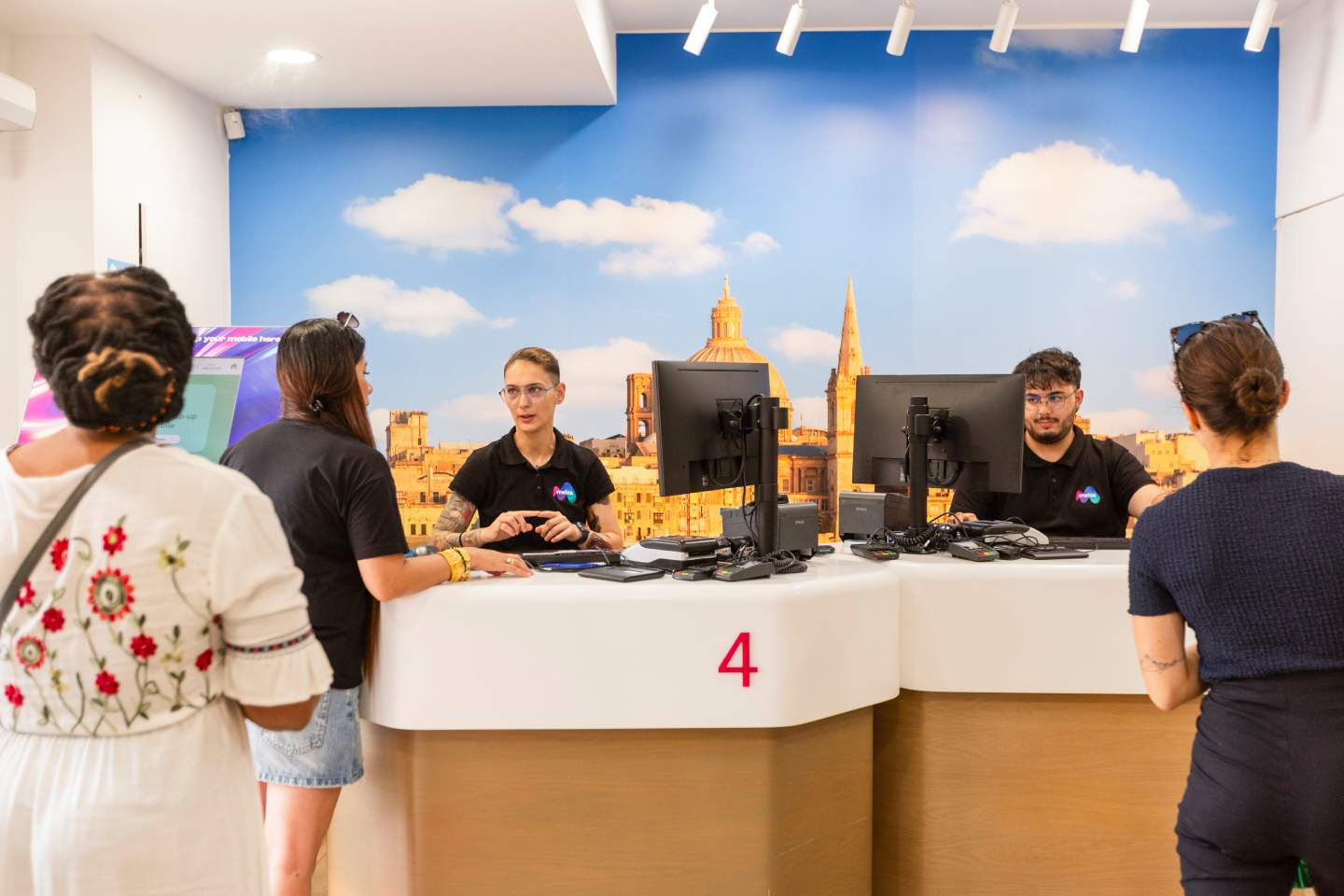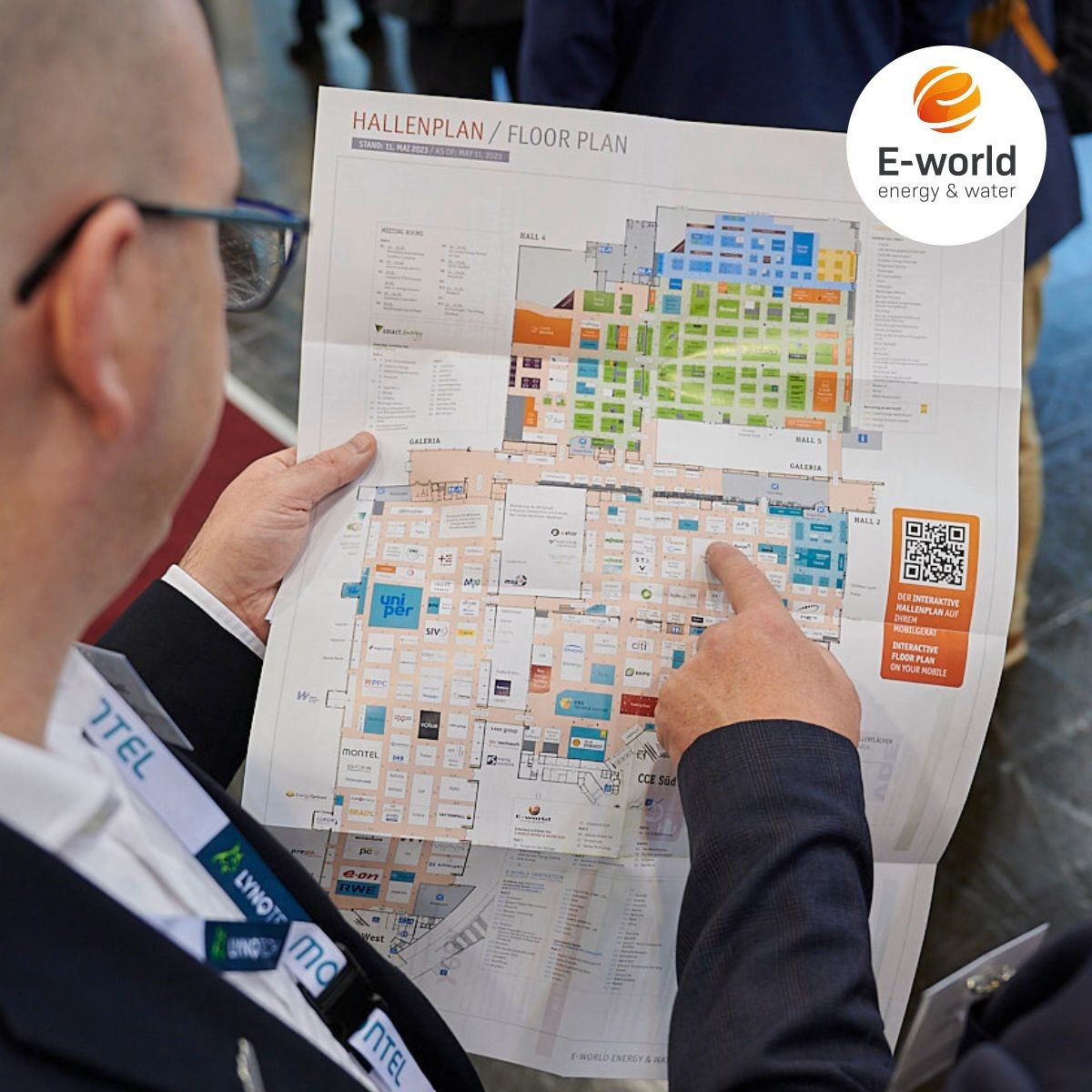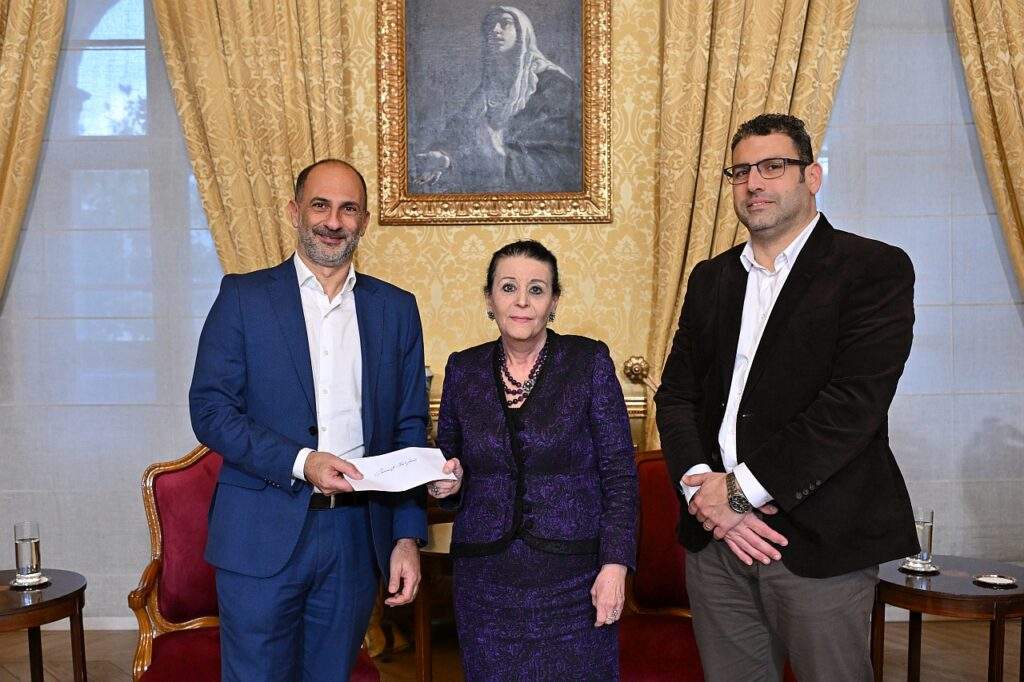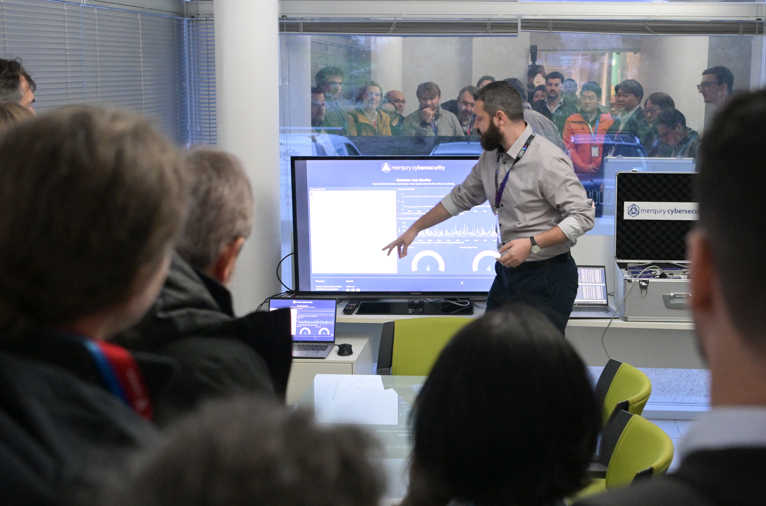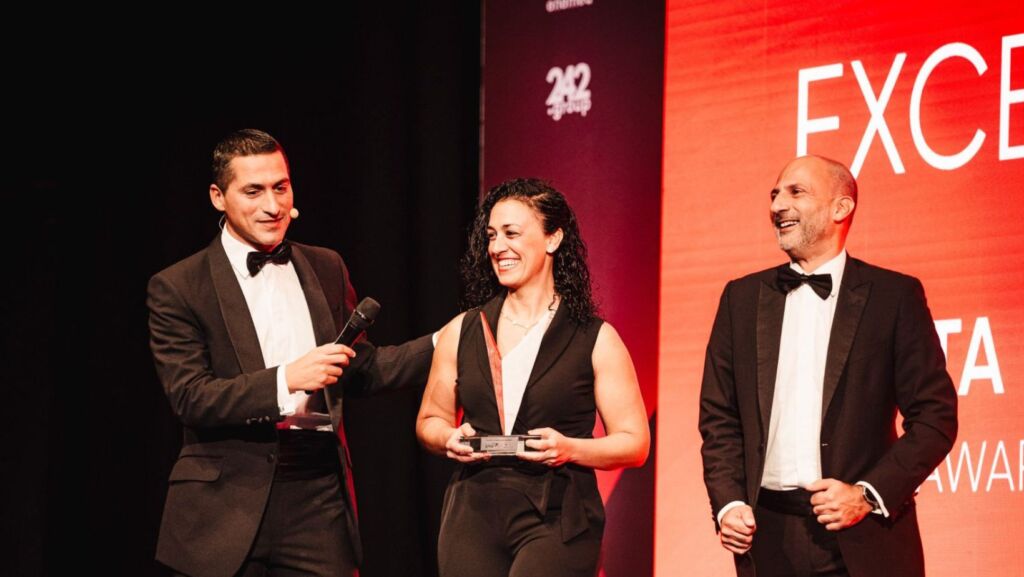
The worldwide web has changed and shaped our global, social and political landscape over the last few decades. As we approach the 50-year mark since the first computer-to-computer message was sent, it’s a great time to start looking into the future of how the internet might evolve and influence our lives in every way imaginable.
First, let’s cover a few important facts.
Every second of the year we are giving the internet data about ourselves, our lives, our work, our thoughts and ideas. Even our hopes and dreams. Let alone all the financial, scientific, educational, governmental and corporate information that is uploaded. The net is capturing data on an unprecedented level.
We are using the internet at a phenomenal rate. Time spent online now averages well over 3 hours a day. I only have to think of myself at the office, at home or even using WiFi on the move to consider how much I personally rely on the net. It’s probably much more than 3 hours.
And finally, increasing numbers of the world’s population are using the internet every year. There are systems and technology in place to help developing countries gain access to the internet at exponential rates. If over half of the world’s population is connected today, what will that be like in the future?
We are becoming a truly global nation.
The concept of ‘global nation’ and ‘global citizenship’ isn’t new. Without getting into the political implications of global government, the concept of every one of us being a citizen of the planet is gaining more traction with the increase of global connectivity. The more connected we are with one another, the more we can add value to society by sharing and using knowledge acquired across cultural contexts.
One nation across the world with separate cultural values, but all feeding into this idea of shared vision and ambition.
We’re used to it.
The truth is that we all take the internet for granted. Indeed, some of us can’t live without our superfast internet speeds. And that’s fine. Why shouldn’t you expect answers to all your searches within seconds? As our demand increases, the pressure is on for the tech giants, scientists, engineers and internet service providers like Melita, to make sure they can keep up with the supply.
They are already light years ahead.
Whereas we might have only just gotten our heads around the Internet of Things, where everyday devices are all connected to the web and we can control them remotely, the companies that drive worldwide connectivity are already thinking even bigger.
Welcome to the internet of the future.
Internet Everywhere
Today we’re willing to concede that we won’t have an internet connection absolutely everywhere. But in the future? You’re in a desert. You’re at the top of a mountain. You’re pretty much in the middle of nowhere – but you’re still going to be connected. Superfast internet is everywhere around you and every device offers you a seamless experience.
What’s reality anyway?
What will Virtual Reality (VR) look like in the future? Oculus Rift, HTC Vive and Playstation VR all promise a next-generation VR experience. Based on the videos I’ve seen of their gameplay, it does look phenomenal. The VR that we know today is an opportunity for us to enjoy an immersive experience, powered by technology and imagination, in our living rooms or offices. With the integration of Internet Everywhere and the Internet of Things are we going to move towards living in a half-real / half-virtual world? Everything is possible.
Better healthcare.
Technology is never going to replace the ultimate decision-making of a human being. But that doesn’t mean that healthcare professionals haven’t already tapped into the internet to find new ways to monitor and aid health issues. The Internet of Things exists in a lot of healthcare devices like smart and biometric sensors, glucose sensors, smart beds and medication dispensers. Even remote monitoring and activity tracking on your phone. In the future? How about your car notifying your doctor that you’re stuck in traffic and you’ll be a little late? Microdevices surgically implanted that process data in real time? The further that the Internet of Things grows, the better optimized every aspect of healthcare can be. It’s a bright future ahead.
Education that’s open to all.
Online courses are growing in popularity, giving people an opportunity to explore careers and skills they might never have otherwise had access to. With stronger more permanent connections wherever we are in the world, opportunities to learn more and become more, are abundant.
Is there a downside?
The internet of the future holds a lot of promise for better quality and standards of living. There are only two questions I must raise.
With the introduction of machine learning algorithms and AI chatbots, are we heading down a road where we might lose jobs to machines? Or will the future simply reshape the kind of jobs that will be available?
Secondly, are we likely to see cybercrime on the rise? That’s why it’s always important to use strong passwords and protect your data as much as you can. Future problems with privacy, security and cyber policy might see the need for us to connect to separate channels controlled by several protocols. But that’s a topic for another time.
The internet is capturing the story of humanity.
Whatever happens next, my personal hope is that we find a way to treat it ethically. The internet has the power to completely restructure our entire existence, on both individual and collective levels. It’s powerful and it’s giving us hope for an even more amazing experience of this world.
In fact, one day soon our children might not even understand the phrase ‘going online’. Just like ‘dial-up’ is already an outdated concept, why would there be a need to ‘connect’ when you were already permanently connected to the worldwide web?
Melita is the only internet provider in Malta currently offering gigapower internet speeds. Find out what you could do with powerful internet in your hands…


